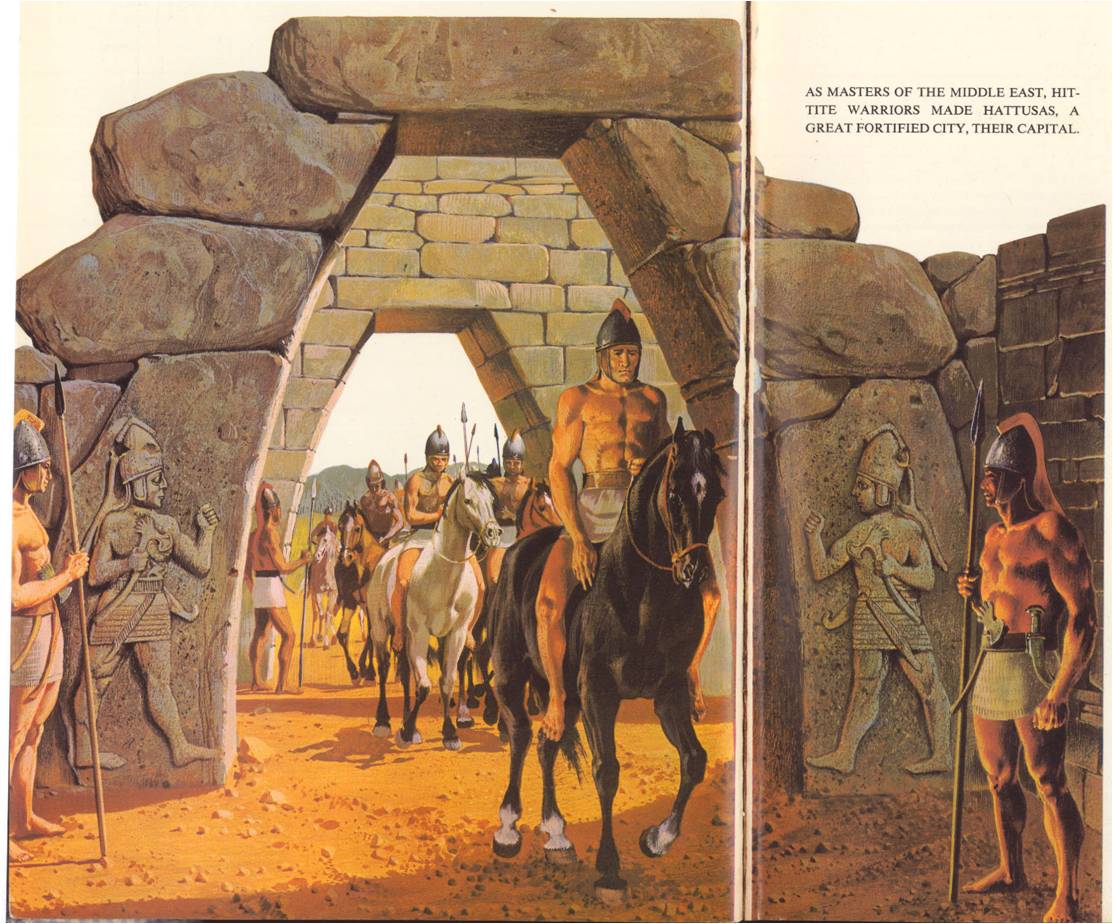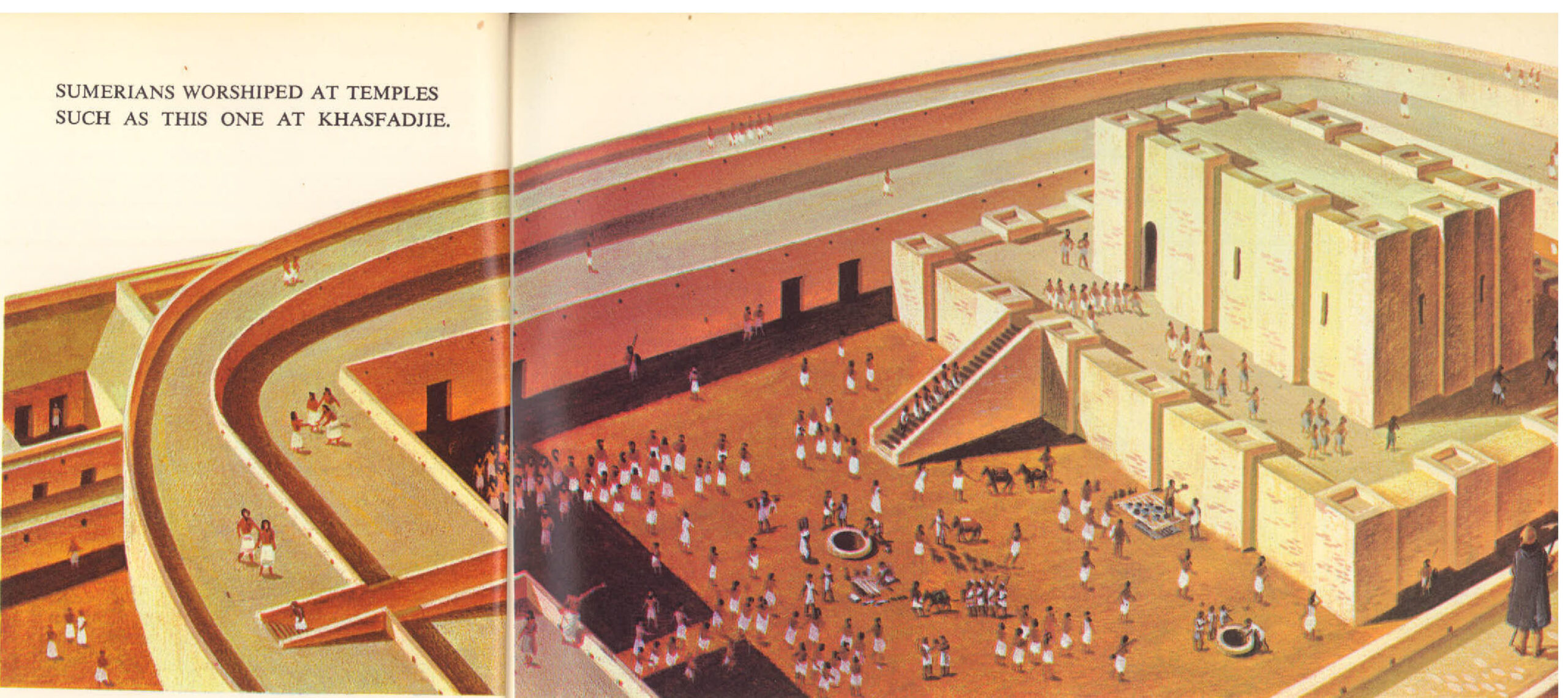During the century after the Hittites had raided Babylon and rose to power in Turkey and Syria, Mesopotamia was a divided unproductive land. In the south, Babylonia fell under the rule of foreigners, first the Kassites from the northeast and then the Elamites from the southeast. Neither of these people seemed able to make any advances in civilization. Northern Mesopotamia came under the Mitanni kingdom, which at least introduced trained horses and chariots to the Near East. By the time the native Babylonians regained control and the Mitanni kingdom fell, another people was disturbing the land – the Assyrians. The …
Read More »Tag Archives: Hammurabi
Hittite Warriors Build a Kingdom 1750 B. C. – 700 B. C.
Within 150 years of the death of Hammurabi, the cities of Mesopotamia were powerless and other peoples took up the struggle for the Near Eastern world. Among them were the Hittites, who had taken the city of Babylon. The rough Hittite tribesman hardly knew what to do with such a splendid city, let alone with an empire, so they went back to their strongholds in the highland plains of central Turkey. They had been living there for several centuries, ever since they had left their homeland in the steppes of central Asia. When the Hittites first moved into Turkey, they …
Read More »Mesopotamia, Where Civilization Began 4000 B.C. – 1750 B.C.
Mesopotamia is where civilization began. By 4000 B. C., many different groups of people were working out their lives in a variety of ways. In a great arc from the eastern coast of the Mediterranean, across the Turkish plains and through the highlands of Iraq and Iran, groups of peoples had settled and were farming, tending animals, making pottery and building towns, markets and forts. In the deserts, mountains and steppes, nomadic tribesmen lived by herding animals and by hunting and raiding. In Mesopotamia as these populations grew, they began to compete for land, food and supplies. One of the …
Read More »

